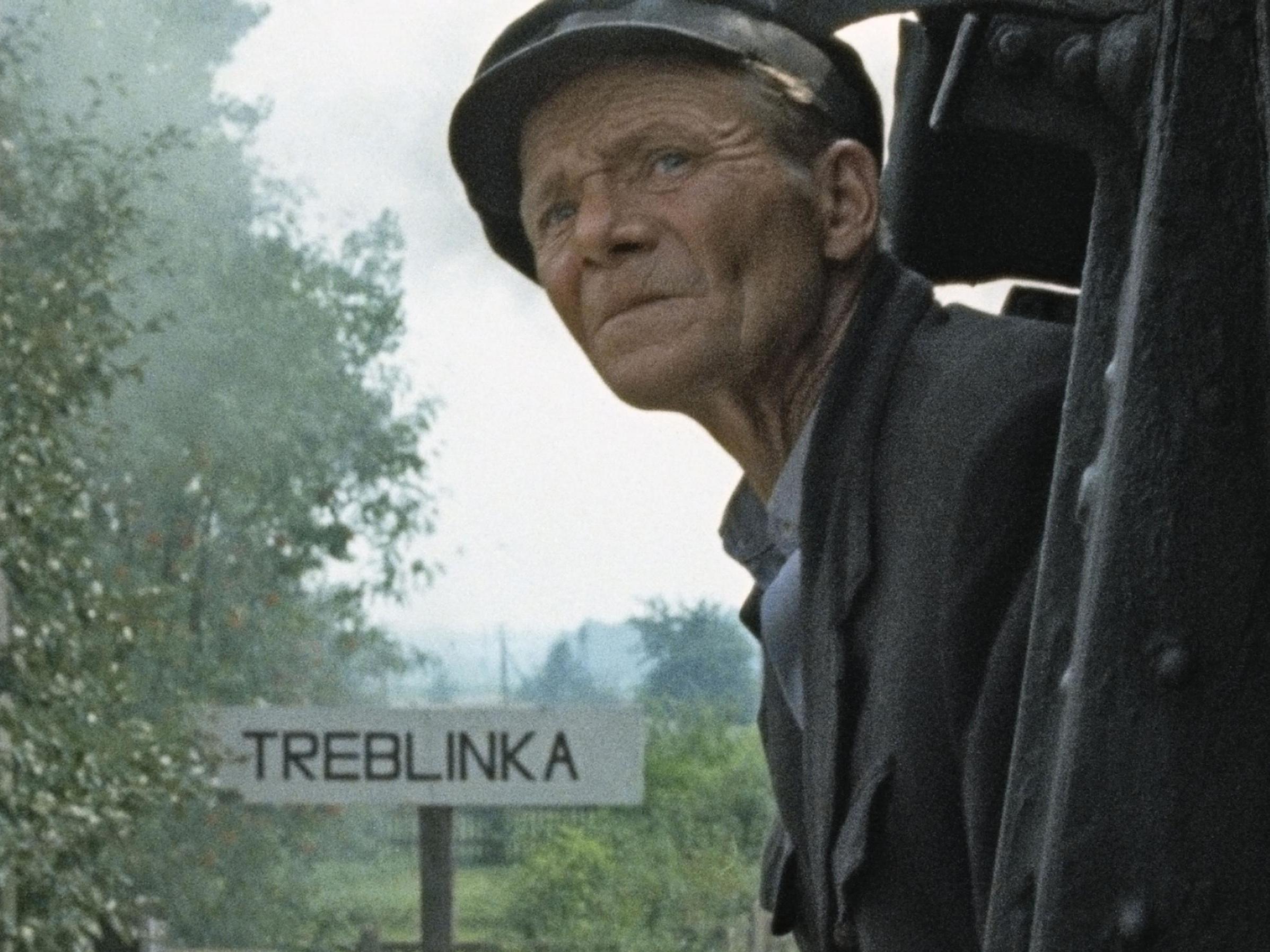Claude Lanzmann dead: French director's 9-hour Holocaust documentary 'Shoah' still stands as greatest of all time
Monumental masterpiece captures oral testimonies otherwise lost to devastating effect

Your support helps us to tell the story
From reproductive rights to climate change to Big Tech, The Independent is on the ground when the story is developing. Whether it's investigating the financials of Elon Musk's pro-Trump PAC or producing our latest documentary, 'The A Word', which shines a light on the American women fighting for reproductive rights, we know how important it is to parse out the facts from the messaging.
At such a critical moment in US history, we need reporters on the ground. Your donation allows us to keep sending journalists to speak to both sides of the story.
The Independent is trusted by Americans across the entire political spectrum. And unlike many other quality news outlets, we choose not to lock Americans out of our reporting and analysis with paywalls. We believe quality journalism should be available to everyone, paid for by those who can afford it.
Your support makes all the difference.The filmmaker Claude Lanzmann has died, aged 92.
Lanzmann – who fought with the French resistance aged 17 – will be best remembered for Shoah (1985), one of the most important documentary features of all time and a significant moment in cinema history.
The director's magnum opus is over nine hours in length and was 11 years in the making, composed entirely of new interviews with survivors of the Nazi Holocaust during the Second World War.
Lanzmann believed that the process of recycling contemporary newsreel footage of Germany's extermination camps only served to erode our understanding of the true significance of what went on behind their walls.
In re-running old clips or seeking to dramatise the Final Solution in fiction, we were remiss in our duty to remember, he believed.
Doing so safely confined the horrors of Auschwitz-Birkenau, Belsen, Treblinka and the rest to the annals of history, the first step on the road to forgetting the worst atrocity in human history and increasing the likelihood of our repeating it in the future.
Instead, Lanzmann undertook the enormous task of interviewing as many survivors of the camps as he could – with no exposition or explanation, just straight talking head recitals of their memories of what they endured, a necessarily gruelling and unflinching business.
His elderly subjects include Abraham Bomba, a barber living in Israel who breaks down in tears as he recalls shaving the heads of Jewish women destined for the gas chamber, shaking with sorrow as he relives the moment a woman he knew sat in the chair before him and sought reassurance that everything would be OK.
Others include Sonderkommando Mordechai Podchlebnik, escapee Rudolf Vrba, train driver Henryk Gawkowski and Szymon Srebrnik, a 13-year-old boy soprano forced to sing for the Nazis as he rowed down the Ner River near Chelmno in Poland, tasked with dumping sacks of bones and ashes into the water.
Persistent and intrepid, Mr Lanzmann also worked hard to track down former members of the SS to interview, although securing their co-operation was far tougher.

Watch Apple TV+ free for 7 days
New subscribers only. £8.99/mo. after free trial. Plan auto-renews until cancelled

Watch Apple TV+ free for 7 days
New subscribers only. £8.99/mo. after free trial. Plan auto-renews until cancelled
What is so devastating in Shoah is the details: Nazi Corporal Franz Suchomel – one of the few he is able to speak to, with the aid of a concealed mic – admits making naked Jewish prisoners destined for extermination queue outside in winter temperatures of -20C, asking camp barbers to take their time in sheering their hair so as to ensure they suffered more.
In making it, Lanzmann achieved the impossible, recording oral testimonies that would otherwise have been lost to reveal to us the true legacy of the atrocity.
Lanzmann's film is a gruelling experience but an essential one.
Join our commenting forum
Join thought-provoking conversations, follow other Independent readers and see their replies
Comments